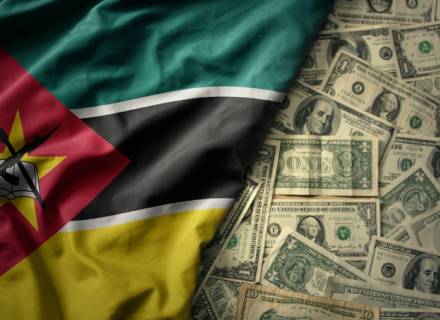Based on measures like export earnings and other criteria, the Bank of Mozambique says its evaluation of the current state of the foreign exchange market shows that the nation is still liquid and stable.
In response to recent concerns expressed by the Confederation of Economic Associations of Mozambique during the Business Environment Monitoring Council (CMAN) meeting in Maputo, the Central Bank’s administrator, Jamal Luis Omar, recently gave the information.
President Nelson Mavimbe of the Gas Merchants Association explains the worry by pointing out that acquiring foreign money in commercial banks can be challenging at times. He also challenged the Central Bank’s decision to withdraw from the gasoline bill, which merchants were also involved in. Mavimbe also expressed dissatisfaction over the lack of a fuel margin review over five years.
The purpose of Decree 89/2019, which defines fuel margins, is to guarantee a sufficient return on investment in the company to pay interest rates and other expenses.
“Our operational expenses are steadily rising, resulting in an unsustainable state,” Mavimbe stated.
In response to enquiries about the scarcity of foreign currency in commercial banks and the Bank of Mozambique’s decision to stop participating in the gasoline rate, Jamal Luis Omar notes that the Mozambican foreign exchange market is steady, and exports and conversion rates are both continuing as usual.
He clarified, “This policy aims to ensure that commercial banks have liquidity or foreign currency to serve their clients in export operations. Up to 30% of export earnings must be converted in commercial banks.”
Furthermore, he stressed that statistics on exchange rates indicate degrees of stability.
“Based on our analysis, we do not perceive a global disruption issue; nonetheless, we have learned of challenges faced by domestic business owners in obtaining foreign exchange through commercial banks,” Jamal Luis Omar acknowledged.
He said that to determine the root of this issue, the bank is closely examining it. One thing he can guarantee is that the bank will act swiftly to maintain exchange rate stability in the event of any disruptions or widespread shortages of foreign currency.
Omar provided information regarding the fuel bill’s introduction in 2005, stating that the measure was necessary as a temporary fix as the nation’s economy matured due to export issues.
“The Bank of Mozambique’s decision to withdraw from the gasoline bill was a carefully thought-out and well-researched action, taken at a time when our economy matured in terms of exports, and the banks were appropriately informed about the withdrawal from this process,” Jamal Luis Omar concluded.

